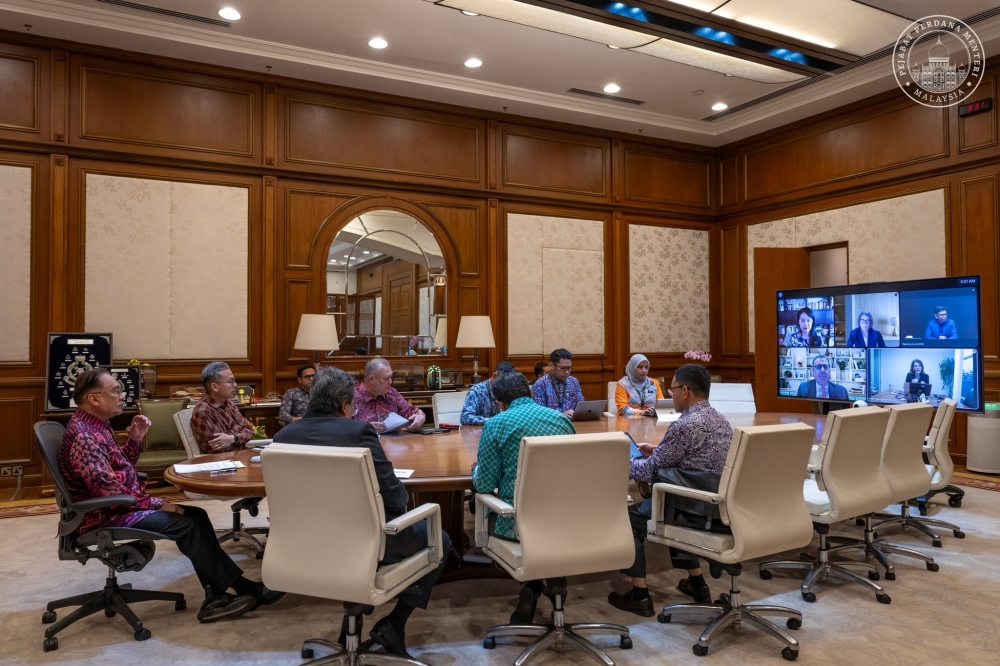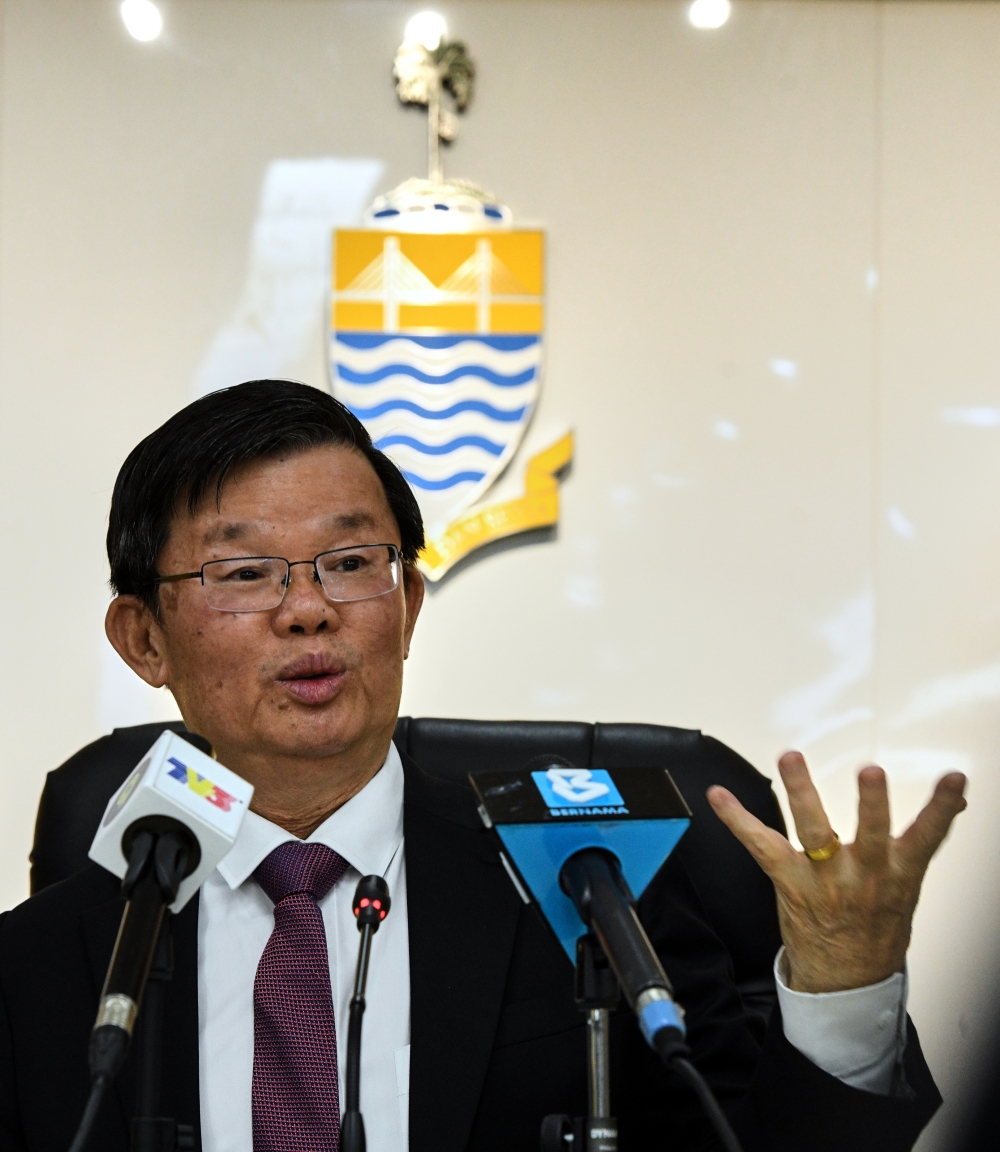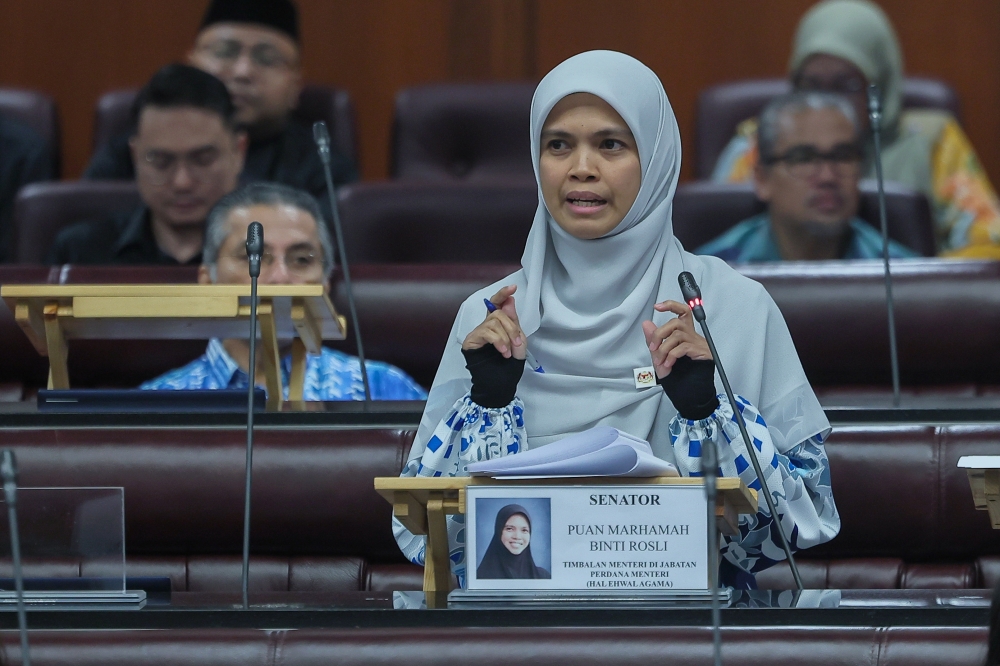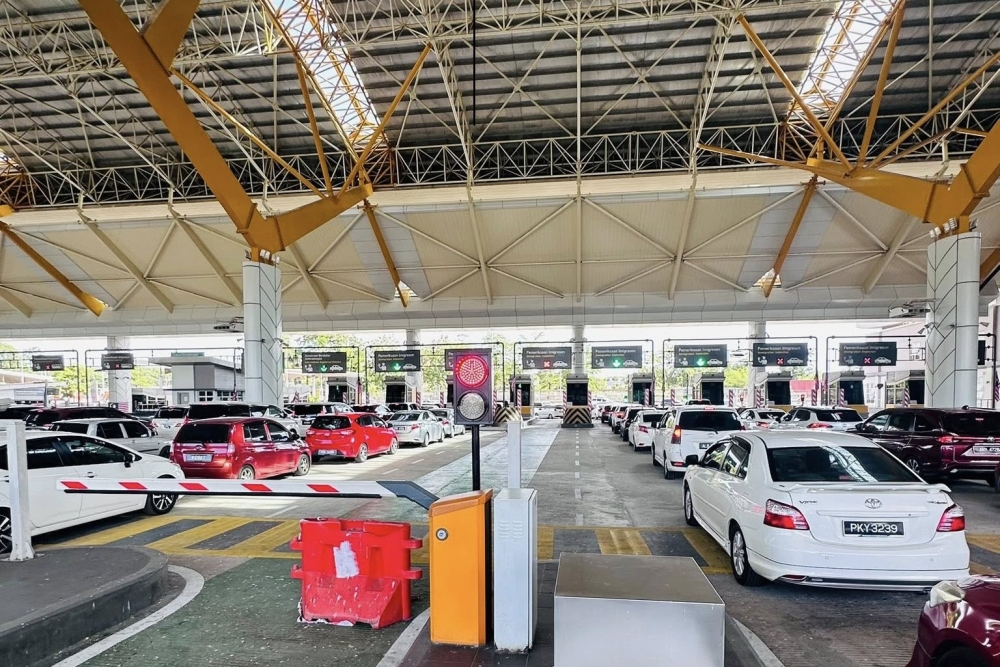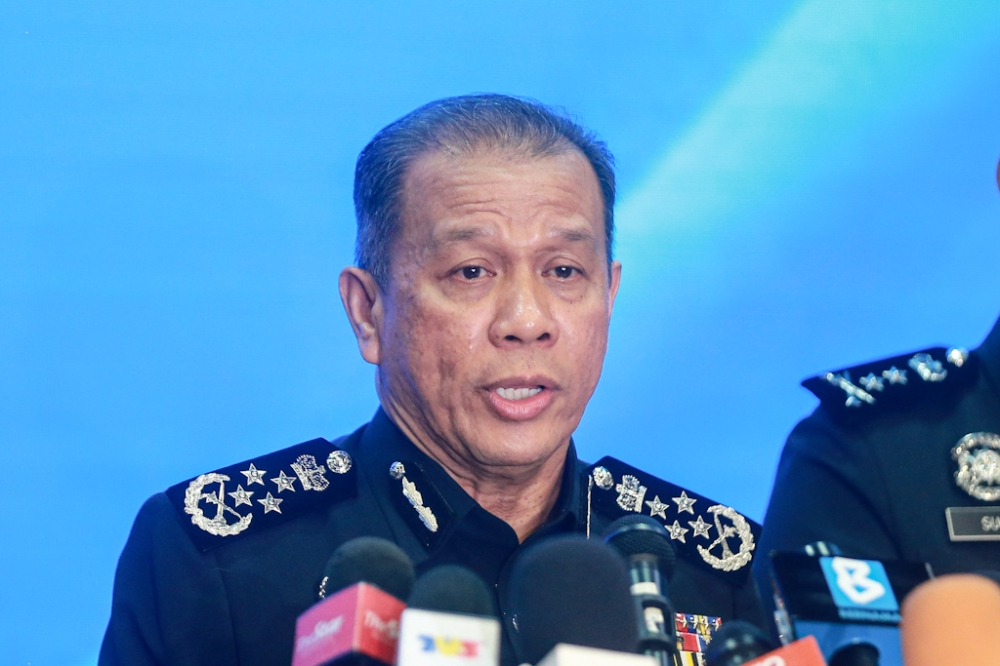KUALA LUMPUR, Aug 31 — The Malaysian government is weighing methods that could be used to increase the amount of tax collected through increased tax compliance, the Finance Ministry said today.
In its Pre-Budget Statement released ahead of Budget 2022, the Finance Ministry noted that the tax collected from taxpayers has been lower than expected so far in 2021 and an expected further decrease due to the Covid-19 pandemic.
The Finance Ministry then outlined various strategies that it had either undertaken or is looking at carrying out in order to boost the government coffers and reduce leakages in tax due to the government.
For example, the ministry listed three potential strategies to increase tax revenue, noting that the government is considering recommendations such as the implementation of the Special Voluntary Disclosure Programme (SVDP) for indirect taxes administered by the Royal Malaysian Customs Department (RMCD).
“Through this programme, taxpayers are encouraged to voluntarily come forward to declare any tax that either has not been paid, underestimated or erroneously reported to RMCD,” the ministry said in reference to indirect taxes.
In Malaysia, the government’s revenue comes from non-tax revenue (such as licences, permits and investment income), as well as from tax revenue that is further divided to direct tax (such as income tax from companies and individuals, and petroleum income tax) and indirect tax (such as the sales and services tax, excise duties, import duties and export duties).
Other than the proposed special voluntary disclosure programme, the Finance Ministry said it is also considering requiring those who bid for government contracts to be certified as having complied with tax requirements.
“Introduction of a Tax Compliance Certificate as a pre-condition for tenderers to participate in government procurement,” it said in listing this recommendation.
The ministry said the government is also considering implementing the Tax Identification Number (TIN) and reviewing tax treatment that is identified as having elements of revenue leakage or harmful practices.
The Malaysian government had last year targeted to collect an estimated RM162.1 billion worth of taxes for the entire year of 2021, including RM120 billion direct taxes and RM42.1 billion of indirect taxes.
But the government has as of July 2021 only collected RM67.4 billion in direct tax (or 56.2 per cent of the target), and RM24.8 billion in indirect tax (59 per cent of the target).
“Revenue collection for the first half of 2021 was lower than expected and subsequent collection is expected to decline due to the Covid-19 pandemic and the implementation of the MCO, which has affected business activities and income of traders, leading to an increase in the number of those who have lost their income,” the ministry said in the PBS.
Among other things, the Finance Ministry noted that the government had in Budget 2021 already announced measures to broaden the country’s tax base to increase revenue collection, such as imposing excise duty on electronic and non-electronic cigarette devices including vapes and nicotine-free liquids or gels and expanding tourism tax levy to cover accommodation booked through online platform providers.
The Malaysian government had also carried out measures to tackle revenue leakages, such as tighter controls on licensing and importation of cigarettes and tobacco products and making such products dutiable items at all duty-free islands, the ministry said.
To tackle revenue leakages through an estimated RM5 billion worth of smuggling of high-duty goods, the Finance Ministry-chaired multi-agency working group that formulates strategies to curb smuggling has been further strengthened by the participation of the Malaysian Anti-Corruption Commission and the National Financial Crime Prevention Centre,
“In addition, the government has streamlined the definition of related companies for the purpose of group relief claims, imposed penalties for failure to provide Transfer Pricing documents and stipulated the requirement for taxpayers to settle taxes before commencing any proceedings against the government/Director General of Inland Revenue,” the ministry said on efforts to tackle revenue leakages.
In supporting the Organisation for Economic Cooperation and Development’s (OECD) Base Erosion and Profit Shifting Action Plan (BEPS) initiative to address cross-border tax evasion, the Malaysian government is studying proposals under the initiative’s Pillar One and Pillar Two to ensure that Malaysia has the right to tax digital economy activities.
“Pillar One focuses on the determination of a country’s tax rights based on the nexus approach.
Meanwhile, Pillar Two will introduce a minimum effective tax rate globally to ensure taxes are not the only key element in attracting foreign direct investment and this can also address the possibility of aggressive tax planning by multinational enterprises (MNEs),” the ministry explained.



